Find Help
More Items From Ergsy search
-
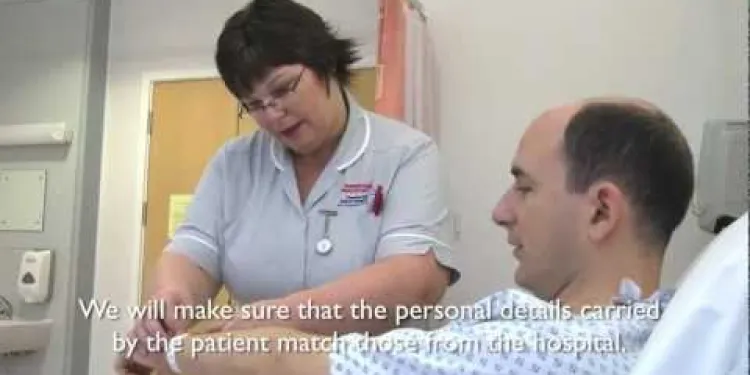
MRSA Screening at Chesterfield Royal Hospital NHS Foundation Trust
Relevance: 100%
-
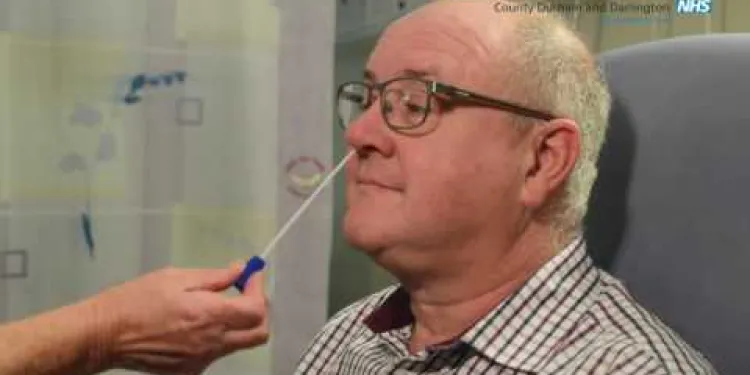
MRSA Screening at County Durham and Darlington NHS Foundation Trust
Relevance: 100%
-
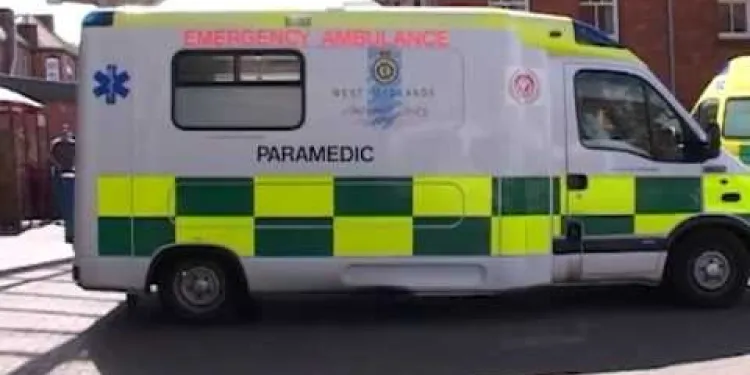
MRSA Bug
Relevance: 85%
-
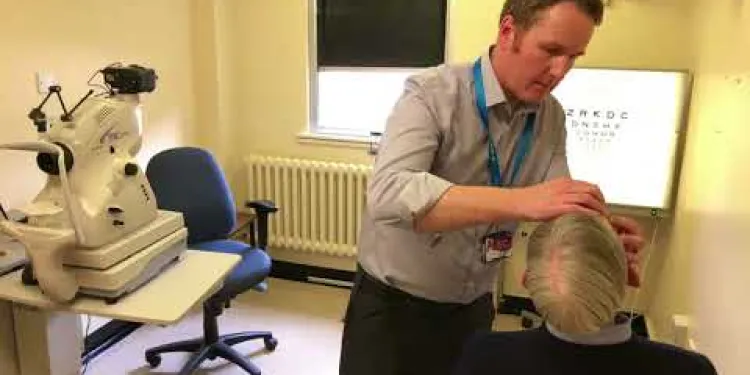
Derbyshire Diabetic Eye Screening - Diabetic Eye Screening
Relevance: 40%
-
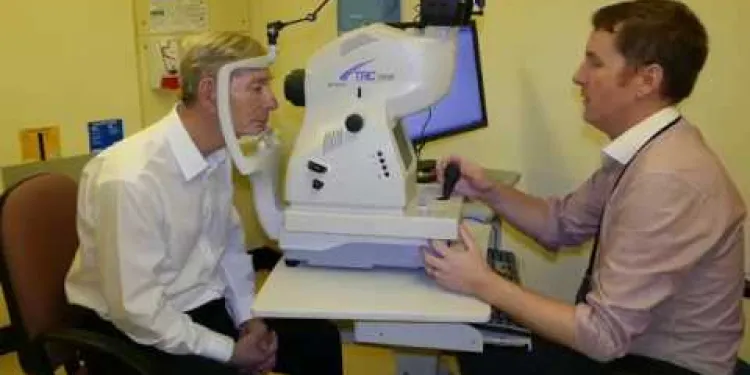
Derbyshire Diabetic Eye Screening - Your Screening Appointment
Relevance: 39%
-

What is cancer screening?
Relevance: 39%
-
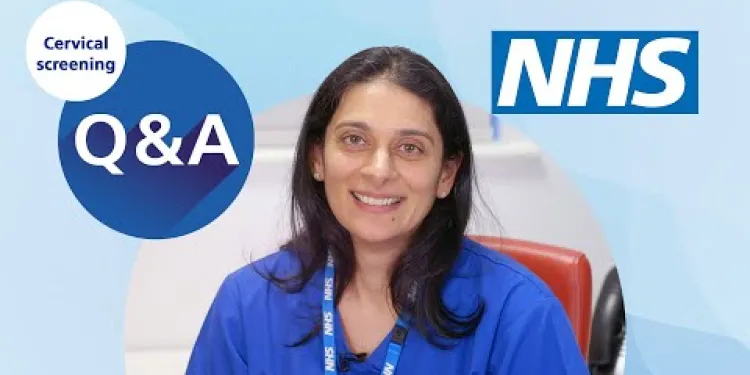
Cervical screening: Q&A | NHS
Relevance: 38%
-
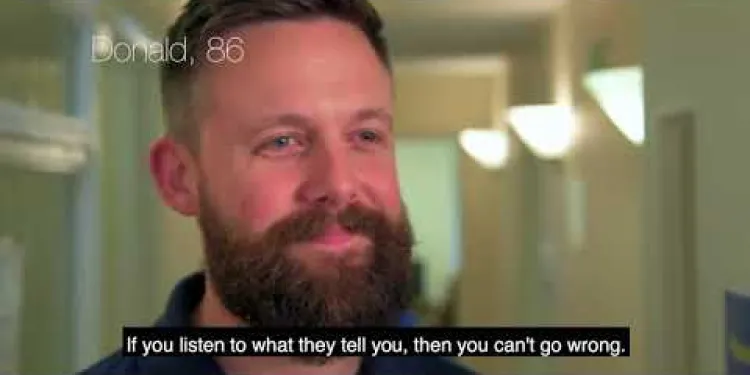
Diabetes Eye Screening
Relevance: 38%
-

AI Breast Cancer Screening in the UK
Relevance: 38%
-
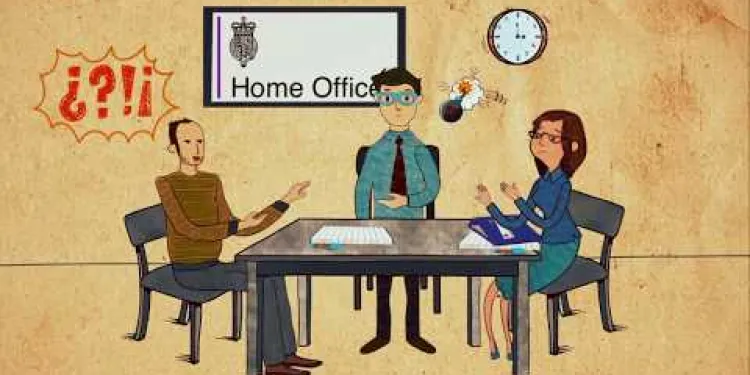
The asylum screening interview
Relevance: 38%
-

NHS breast cancer screening
Relevance: 37%
-

Are there eco-friendly mosquito screen options?
Relevance: 37%
-

Are mosquito window screens effective in the UK?
Relevance: 37%
-

Are Mosquito window screens effective?
Relevance: 37%
-

Are there retractable mosquito screens available?
Relevance: 37%
-
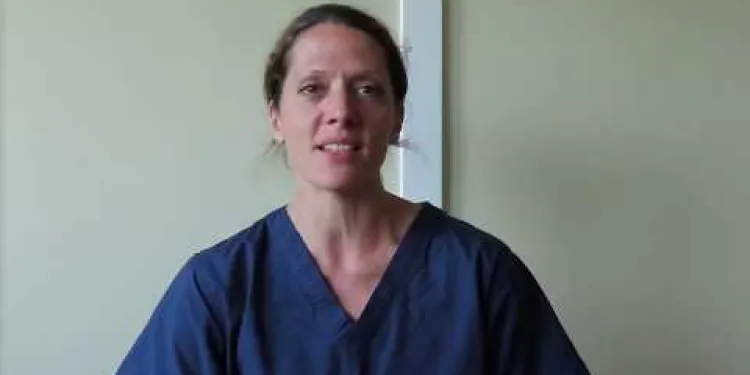
The NHS is #StillHereToHelp with cervical screening
Relevance: 37%
-

Is screening painful or risky for my child?
Relevance: 37%
-
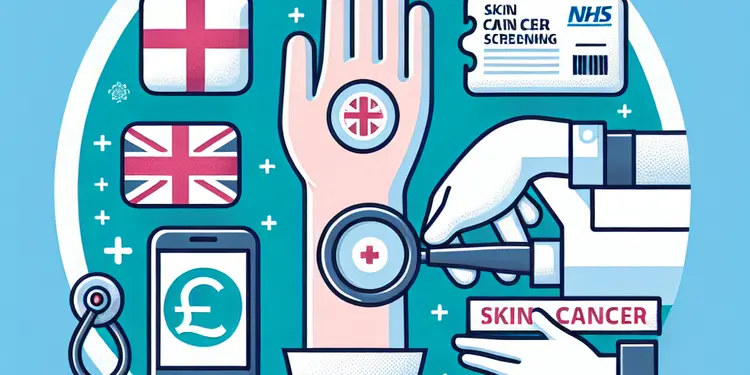
What is a skin cancer screening?
Relevance: 37%
-

How do I maintain my mosquito screens?
Relevance: 36%
-

Can pets damage mosquito screens?
Relevance: 35%
-
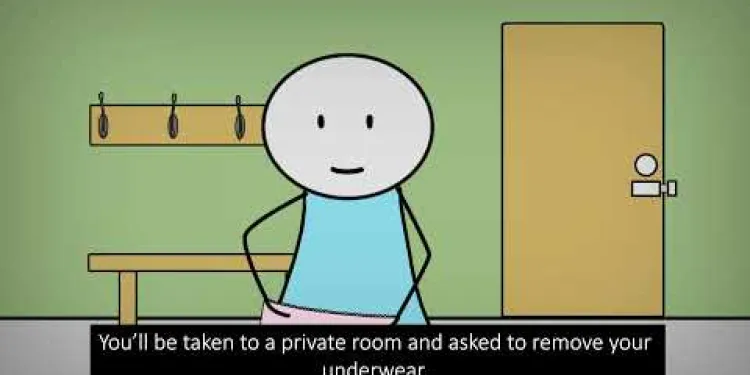
NHSGGC - Cervical Cancer Screening - English
Relevance: 35%
-
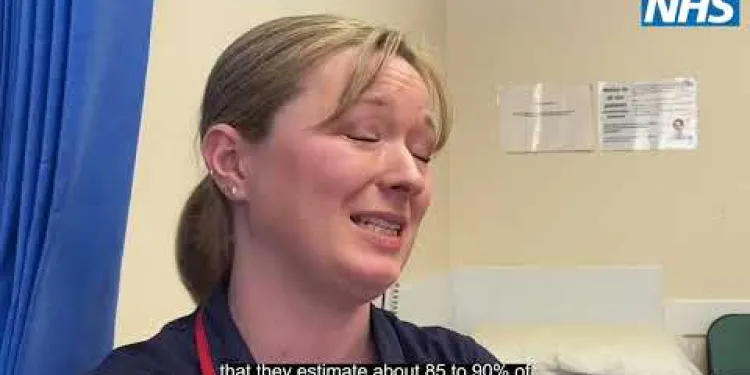
What is cervical screening (smear test)?
Relevance: 35%
-

Do mosquito screens add value to my home?
Relevance: 35%
-

Is genetic screening available for cancer risk?
Relevance: 35%
-
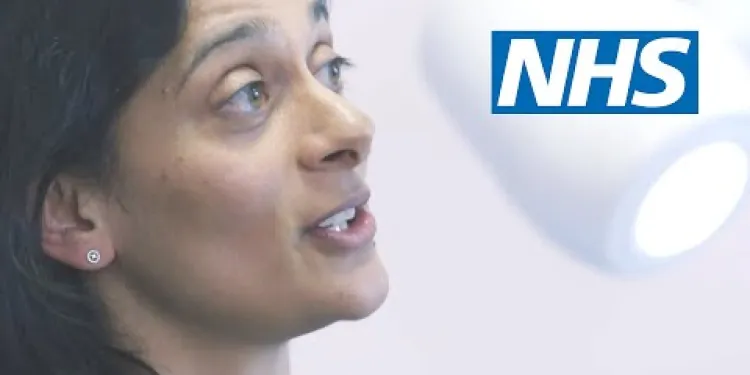
Cervical screening: what to expect | NHS
Relevance: 35%
-

Are mosquito screens effective against midges?
Relevance: 35%
-
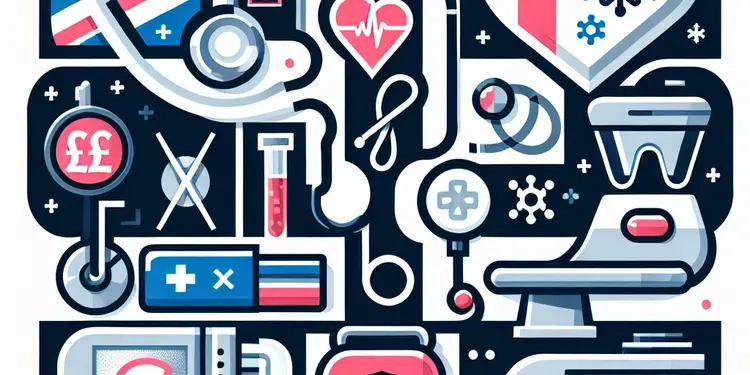
What kinds of cancer screening are available?
Relevance: 35%
-
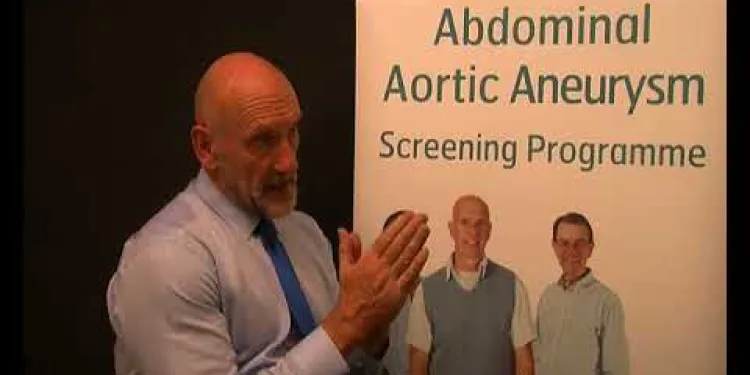
AAA (Abdominal aortic aneurysm) screening
Relevance: 35%
-
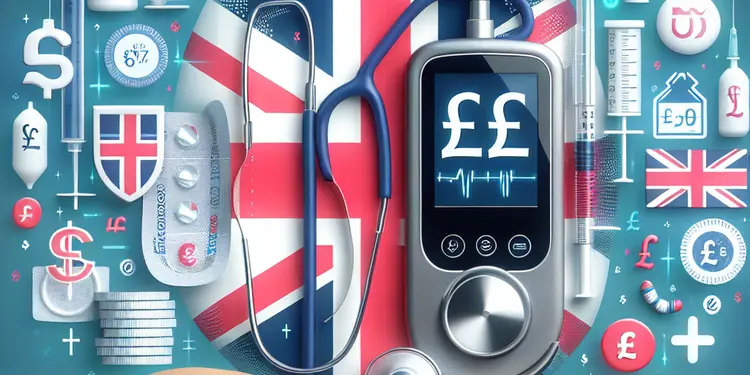
What are the limitations of type 1 diabetes screening?
Relevance: 35%
-

Do mosquito screens provide insulation benefits?
Relevance: 35%
-
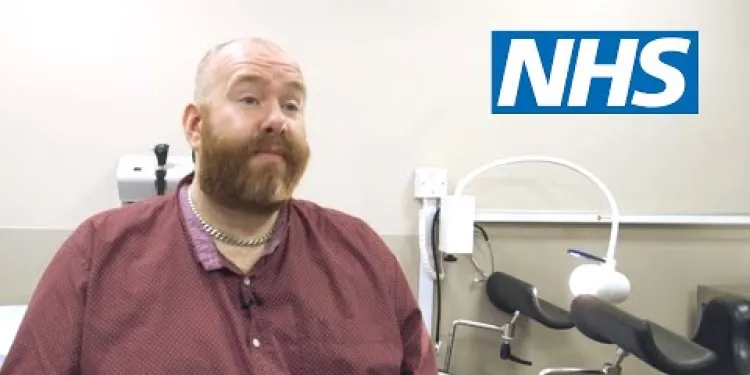
Cervical screening for transgender men | NHS
Relevance: 35%
-
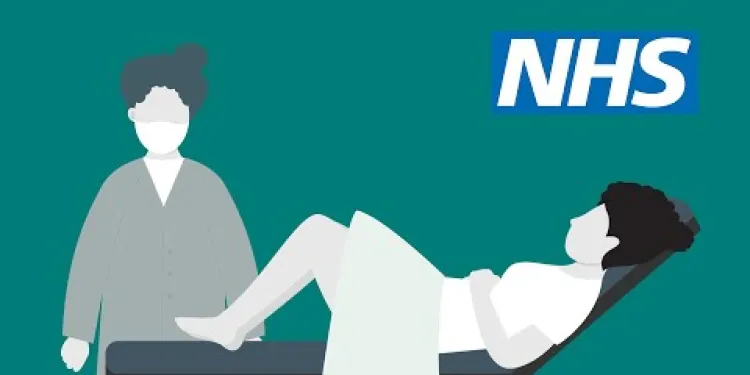
Cervical screening: how it's done | NHS
Relevance: 35%
-

What are the recommendations for colorectal cancer screening?
Relevance: 35%
-
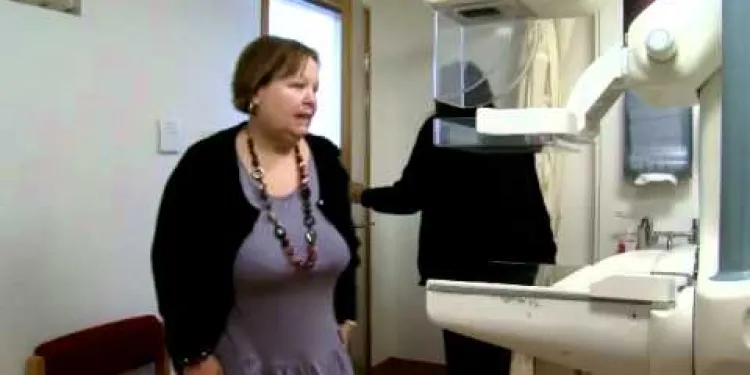
Tower Hamlets breast screening programme
Relevance: 35%
-
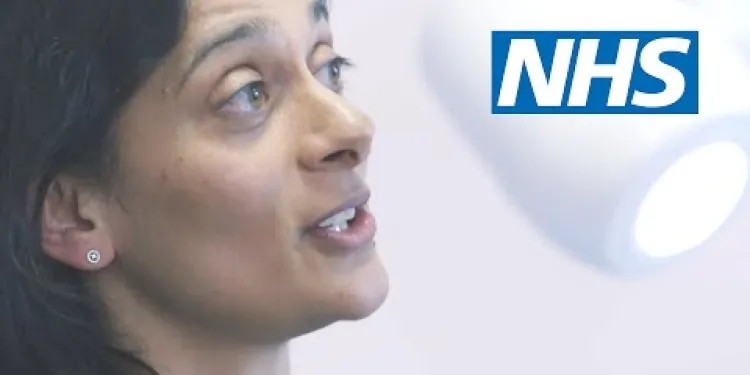
Cervical screening: what to expect | NHS
Relevance: 35%
-

Can I install mosquito screens myself?
Relevance: 35%
-

Should I screen my child for type 1 diabetes?
Relevance: 35%
-

Can mosquito screens be used on doors as well?
Relevance: 34%
-

Health Screenings You Should Know About
Relevance: 34%
-

Will mosquito screens block out light or air?
Relevance: 34%
MRSA Screening at County Durham and Darlington NHS Foundation Trust
Introduction to MRSA
MRSA, or Methicillin-Resistant Staphylococcus Aureus, is a type of bacterial infection resistant to several widely-used antibiotics, making it more challenging to treat. Proper screening and prevention are crucial to keeping this infection under control, especially in healthcare settings.
The Importance of MRSA Screening
Screening for MRSA is an essential step in preventing the spread of this infection within hospitals and healthcare facilities. By identifying carriers of MRSA early, healthcare providers can take the necessary precautions to isolate infected patients, implement targeted treatments, and employ stringent hygiene practices to protect other patients and staff.
Screening Process at County Durham and Darlington NHS Foundation Trust
The County Durham and Darlington NHS Foundation Trust employs a comprehensive MRSA screening protocol to safeguard the health of its patients and staff. Upon admission or before certain procedures, patients may be required to undergo a simple and quick screening test. This typically involves taking swabs from the patient's nose and possibly other areas such as the skin or throat.
Post-Screening Procedures
If a patient tests positive for MRSA, immediate measures are taken to prevent the spread of the infection. This includes isolating the patient in a single room, employing rigorous hand hygiene, and possibly providing decolonization treatments, which may involve antiseptic washes and nasal ointments. Additionally, the healthcare staff will ensure thorough cleaning and disinfecting of the patient’s environment.
Protecting Your Health
Patients and visitors can contribute to the fight against MRSA by adhering to hospital guidelines, such as regular hand washing, using provided hand sanitizers, and following staff instructions. Effective communication with healthcare providers about any concerns or symptoms is also vital for prompt and effective management of MRSA.
Conclusion
The County Durham and Darlington NHS Foundation Trust is committed to reducing the incidence and spread of MRSA within its facilities. Robust screening, timely intervention, and adherence to high standards of hygiene are key strategies in maintaining a safe and healthy environment for all patients and staff.
MRSA Screening at County Durham and Darlington NHS Foundation Trust
What is MRSA?
MRSA is a type of germ that can make people sick. It is hard to treat because normal medicine does not work well against it. It is important to stop MRSA from spreading, especially in hospitals.
Why is MRSA Testing Important?
Testing for MRSA helps stop it from spreading in hospitals. If doctors find MRSA early, they can keep the sick person away from others. This helps keep everyone safe by stopping the germ from moving to other people.
How MRSA Testing Works at Our Hospitals
When you come to the hospital, you might need a quick test to check for MRSA. The test is easy. It involves taking a sample from your nose and maybe your skin or throat.
What Happens After the Test
If you have MRSA, the hospital will act fast to stop it from spreading. You might stay in a separate room. Everyone should wash their hands a lot. You might use special soap and ointments. The hospital will clean your room carefully.
How You Can Help
You can help stop MRSA by washing your hands often and using hand sanitizer. Listen to what the staff tells you. If you feel sick or worried, tell a nurse or doctor right away.
Staying Safe
Our hospital works hard to stop MRSA. We use testing, quick action, and clean habits to keep everyone healthy and safe.
Frequently Asked Questions
What is MRSA?
MRSA (Methicillin-Resistant Staphylococcus Aureus) is a type of bacteria that is resistant to many antibiotics, making infections difficult to treat.
Why is MRSA screening important?
MRSA screening helps identify carriers of the bacteria before they develop an infection, allowing for appropriate measures to prevent the spread within healthcare facilities.
Who will be screened for MRSA?
Screening is typically performed on patients who are at higher risk of MRSA, such as those admitted for surgery, those with previous hospitalizations, or those in certain high-risk settings.
How is the MRSA screening performed?
A swab is taken from the inside of your nose and/or other body sites such as the throat, armpits, or groin to test for the presence of MRSA.
Is MRSA screening painful?
No, MRSA screening is a quick and painless procedure involving a simple swab of certain body areas.
How long does it take to get the results of the MRSA screening?
Results are typically available within a few days, depending on the laboratory processing times.
What happens if I test positive for MRSA?
If you test positive for MRSA, your healthcare provider will discuss appropriate measures, which may include decolonisation treatment to reduce or eliminate the bacteria.
What is decolonisation treatment?
Decolonisation treatment usually involves using antibacterial body wash and nasal ointment for a few days to eradicate MRSA bacteria from your body.
Can I still have surgery if I test positive for MRSA?
Yes, but special precautions may be taken to prevent the risk of infection, including decolonisation treatment and specific infection control practices during your hospital stay.
How can I prevent MRSA infection?
Good hygiene practices, such as regular hand washing, keeping wounds covered, and following healthcare provider instructions, can help prevent MRSA infections.
Is MRSA contagious?
Yes, MRSA can be spread through direct contact with an infected wound or by sharing personal items that have touched infected skin.
Can MRSA be treated with antibiotics?
While MRSA is resistant to many common antibiotics, it can still be treated with specific antibiotics that are effective against resistant strains.
Will MRSA affect my hospital stay?
If you are found to have MRSA, you may be placed in a single room or a designated ward to prevent the spread of the bacteria to other patients.
What should I do if I am worried about MRSA?
If you have concerns about MRSA, speak to your healthcare provider for more information and guidance on reducing your risk of infection.
Where can I find more information about MRSA?
For more information, you can visit the NHS website or speak to a healthcare professional at County Durham and Darlington NHS Foundation Trust.
What is MRSA?
MRSA is a type of germ that can make people sick. It is hard to treat because normal medicine doesn't work on it.
MRSA can cause skin problems and make you feel unwell.
If you think you might have MRSA, tell a doctor or nurse.
Helpful tools: You can use pictures or videos to help understand MRSA.
MRSA is a type of germ. It can make people sick. Medicines called antibiotics usually stop germs, but MRSA is tough. Antibiotics do not work well on it, so it's hard to get better from an MRSA infection.
To help understand this, you can:
- Use picture books that talk about germs and how to stay healthy.
- Watch videos with simple stories about how to fight germs.
- Play games that teach about washing hands and staying clean.
Why is MRSA screening important?
MRSA is a kind of germ that can make people sick. By checking for MRSA, doctors can find it early and stop it from spreading. This helps keep everyone safe and healthy.
To help understand this better, you can use picture cards or ask someone to explain it with simple words.
MRSA tests help find people who have the germs before they get sick. This way, doctors can stop the germs from spreading in hospitals and clinics.
Who will get checked for MRSA?
Doctors check some people for MRSA. They check people who might get sick easier. This can be people who are going to have surgery, people who have stayed in the hospital before, or people in places where other people are often sick.
How do doctors check for MRSA?
A soft stick is used to take a sample from inside your nose. Sometimes, samples are also taken from other places like your throat, under your arms, or around the top of your legs. This is to check if you have a germ called MRSA.
Does MRSA testing hurt?
Getting tested for MRSA does not hurt. The doctor or nurse will use a soft cotton swab. They will gently rub it inside your nose, throat, or on your skin. It might feel tickly or a little strange, but it shouldn't be painful.
If you are worried about the test, you can ask the doctor or nurse to explain it to you. You can also bring a friend or family member with you for support.
No, checking for MRSA is quick and does not hurt. A nurse uses a soft stick to gently rub some parts of your body.
How long until I get my MRSA test results?
You can usually get results in a few days. It depends on how fast the lab works.
What if I have MRSA?
If you have MRSA, your doctor or nurse will talk to you about what to do next. They might give you special medicine to help get rid of the germs.
What is decolonisation treatment?
Decolonisation treatment helps to remove bad germs from your skin or nose. It makes sure you stay healthy.
Doctors use special soaps or creams for this treatment. You might also need to take some medicine.
If you need help understanding, ask a doctor or nurse to explain. They can show you how to use the treatment. You can also ask a family member or friend to help you read and understand the information.
To get rid of the MRSA germs, you might need to use a special body wash and nose ointment for a few days. These help kill the bad germs.
Can I have surgery if I have MRSA?
If you have MRSA, you can still have surgery. MRSA is a germ that can make you sick. Doctors will check and treat you to make sure you are okay for surgery.
- Talk to your doctor: They know how to help you.
- Use medicine: You might get special creams or pills.
- Wash your hands: Keep them clean to stop germs from spreading.
Doctors and nurses will make sure you are safe. Ask them any questions you have.
Yes, you need to be extra careful so you don’t get sick in the hospital. Doctors and nurses have special ways to keep you safe, like using special cleansers to kill germs and following important safety rules.
How can I stop MRSA from spreading?
To stay healthy and stop MRSA infections, there are some simple things you can do:
- Wash your hands often with soap and water.
- Keep any cuts or wounds covered with a bandage.
- Listen to what your doctor or nurse says and follow their advice.
These steps will help keep you safe from germs.
Can you catch MRSA from someone else?
Yes, MRSA can spread from person to person. It is a type of germ that can make you sick. If you touch someone with MRSA or something they have touched, you might catch it.
To stay safe, wash your hands often. It's also good to use hand sanitizer if you can't wash your hands. Keep cuts or sores clean and covered with a bandage.
Yes, MRSA germs can spread when you touch a cut that's not clean. You can also catch it if you share things like towels or clothes that touched someone else's infected skin.
Can MRSA be cured with medicine?
Some medicines called antibiotics can help make MRSA go away. But MRSA is a strong germ and not all antibiotics work. A doctor can choose the right medicine to fight MRSA.
If you have MRSA, it's important to follow the doctor's instructions and finish all your medicine, even if you start to feel better.
Tools like pictures or easy-to-read guides can also help you understand MRSA and the medicine you need.
MRSA is a type of germ that makes you sick. Some medicines don’t work on it, but there are special medicines that can help you get better.
Will MRSA change my time in hospital?
MRSA is a type of germ that can make people sick. If you have MRSA, doctors and nurses will take extra care to keep everyone safe.
Here are some ways MRSA might change your stay:
- You might have to stay in a room by yourself. This is to stop the germ from spreading.
- Nurses and doctors might wear gloves and masks when they see you.
- You may need special medicine to help you get better.
To help you understand better, you can:
- Ask someone to read this with you.
- Use pictures or drawings to help remember.
- Ask your nurse or doctor if you have questions.
If a test shows you have MRSA, you might stay in a special room or ward by yourself. This helps stop the germs from spreading to other people.
What to Do If You Are Worried About MRSA?
Are you worried about MRSA? Here is what you can do:
1. Talk to a doctor or nurse. They can help you understand more about MRSA.
2. Wash your hands with soap and water. This helps keep you safe.
3. Keep cuts and scrapes clean and covered. This stops germs from spreading.
4. Use tools like picture guides or videos to learn more.
If you need help, ask someone you trust to explain it to you.
If you are worried about MRSA, talk to your doctor or nurse. They can tell you more and help you stay safe from infections.
Where can I find more information about MRSA?
You can find out more about MRSA by:
- Asking your doctor or nurse.
- Going to a health clinic.
- Looking on trusted websites like NHS or CDC.
- Reading books about health in the library.
- Asking someone you trust to help you look online.
Tools that might help:
- Reading apps that read out loud to you.
- Using picture guides to help you understand.
For more help, you can go to the NHS website. You can also talk to a nurse or a doctor at County Durham and Darlington NHS Foundation Trust.
Useful Links
This website offers general information and is not a substitute for professional advice.
Always seek guidance from qualified professionals.
If you have any medical concerns or need urgent help, contact a healthcare professional or emergency services immediately.
- Ergsy carfully checks the information in the videos we provide here.
- Videos shown by Youtube after a video has completed, have NOT been reviewed by ERGSY.
- To view, click the arrow in centre of video.
- Most of the videos you find here will have subtitles and/or closed captions available.
- You may need to turn these on, and choose your preferred language.
- Go to the video you'd like to watch.
- If closed captions (CC) are available, settings will be visible on the bottom right of the video player.
- To turn on Captions, click settings .
- To turn off Captions, click settings again.
More Items From Ergsy search
-

MRSA Screening at Chesterfield Royal Hospital NHS Foundation Trust
Relevance: 100%
-

MRSA Screening at County Durham and Darlington NHS Foundation Trust
Relevance: 100%
-

MRSA Bug
Relevance: 85%
-

Derbyshire Diabetic Eye Screening - Diabetic Eye Screening
Relevance: 40%
-

Derbyshire Diabetic Eye Screening - Your Screening Appointment
Relevance: 39%
-

What is cancer screening?
Relevance: 39%
-

Cervical screening: Q&A | NHS
Relevance: 38%
-

Diabetes Eye Screening
Relevance: 38%
-

AI Breast Cancer Screening in the UK
Relevance: 38%
-

The asylum screening interview
Relevance: 38%
-

NHS breast cancer screening
Relevance: 37%
-

Are there eco-friendly mosquito screen options?
Relevance: 37%
-

Are mosquito window screens effective in the UK?
Relevance: 37%
-

Are Mosquito window screens effective?
Relevance: 37%
-

Are there retractable mosquito screens available?
Relevance: 37%
-

The NHS is #StillHereToHelp with cervical screening
Relevance: 37%
-

Is screening painful or risky for my child?
Relevance: 37%
-

What is a skin cancer screening?
Relevance: 37%
-

How do I maintain my mosquito screens?
Relevance: 36%
-

Can pets damage mosquito screens?
Relevance: 35%
-

NHSGGC - Cervical Cancer Screening - English
Relevance: 35%
-

What is cervical screening (smear test)?
Relevance: 35%
-

Do mosquito screens add value to my home?
Relevance: 35%
-

Is genetic screening available for cancer risk?
Relevance: 35%
-

Cervical screening: what to expect | NHS
Relevance: 35%
-

Are mosquito screens effective against midges?
Relevance: 35%
-

What kinds of cancer screening are available?
Relevance: 35%
-

AAA (Abdominal aortic aneurysm) screening
Relevance: 35%
-

What are the limitations of type 1 diabetes screening?
Relevance: 35%
-

Do mosquito screens provide insulation benefits?
Relevance: 35%
-

Cervical screening for transgender men | NHS
Relevance: 35%
-

Cervical screening: how it's done | NHS
Relevance: 35%
-

What are the recommendations for colorectal cancer screening?
Relevance: 35%
-

Tower Hamlets breast screening programme
Relevance: 35%
-

Cervical screening: what to expect | NHS
Relevance: 35%
-

Can I install mosquito screens myself?
Relevance: 35%
-

Should I screen my child for type 1 diabetes?
Relevance: 35%
-

Can mosquito screens be used on doors as well?
Relevance: 34%
-

Health Screenings You Should Know About
Relevance: 34%
-

Will mosquito screens block out light or air?
Relevance: 34%


